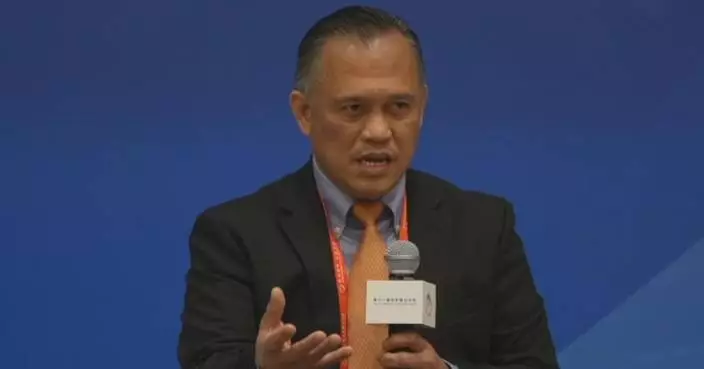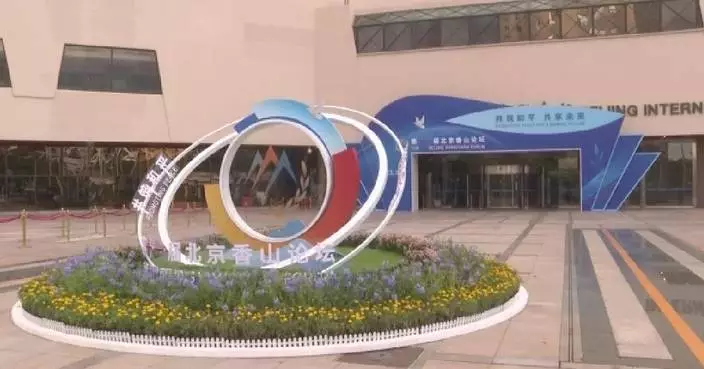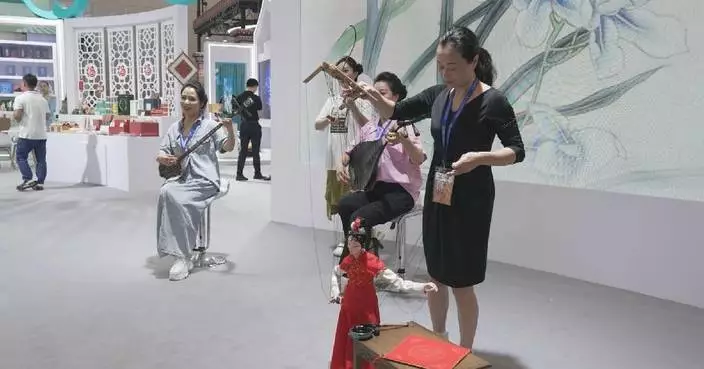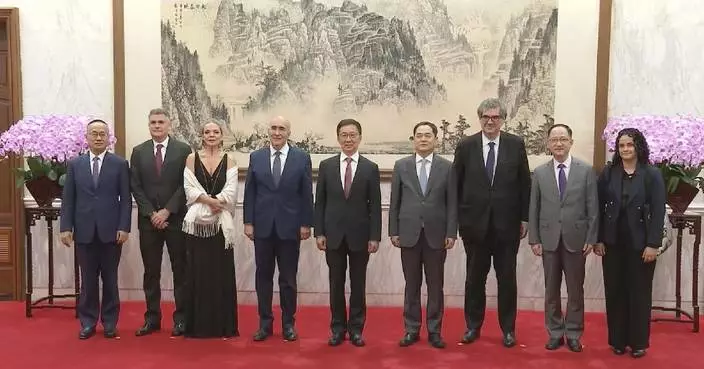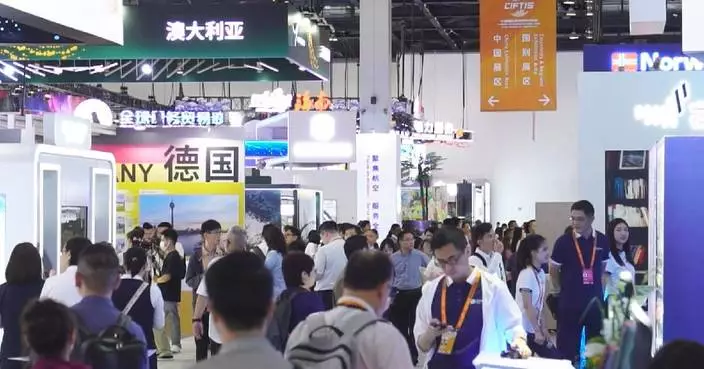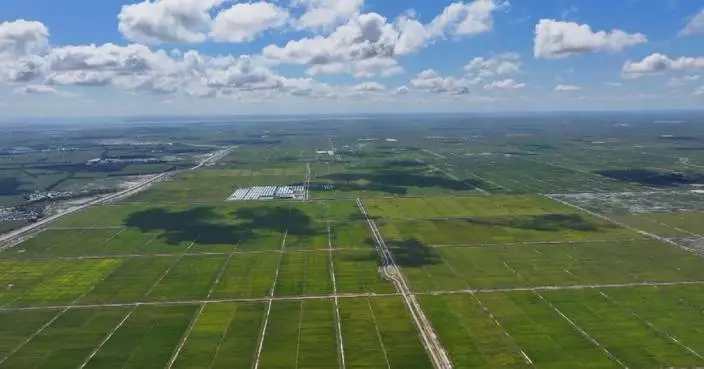China will launch pilot programs to relax market access for new business forms and new fields, with special measures to be introduced in emerging industries to spearhead this effort, the country's top economic planner said Friday.
A document on improving the market access system was released on Aug 21. Elaborating on the highlights of this document, Li Chunlin, deputy director of the National Development and Reform Commission (NDRC), said at a press conference in Beijing on Friday that the document further refines negative list management, sets clear-cut access rules, enhances coordination between domestic and foreign investment access policies, and optimizes entry for new industries, among other areas.
Since 2018 when the negative list system for market access was fully implemented in China, the number of items on the list has been reduced by 23 percent, from 151 in 2018 to the current 117.
Improving the negative list management model is an important part of the document. China's negative list system allows all types of business entities to equally enter industries, fields, and businesses that are not forbidden by the list in accordance with the law, without the requirement for further government approval.
According to the document, various market access management measures will be included in a national unified market access negative list, strictly prohibiting additional market entry permits or conditions outside the list.
"The new edition of the negative list will fully implement the requirements of the document, closely integrate with the reform of the administrative review and approval, the reform to separate issuance of business licenses from operating permits, and the latest round of institutional reform to further cut the negative list and unlock more new growth drivers for high-quality development," said Li.
Since 2021, China has launched pilot programs for market access in Hainan Province, Shenzhen City, the Guangdong-Macao In-Depth Cooperation Zone in Hengqin, and Nansha District in Guangzhou, effectively stimulating the vitality of market entities. Next, the country will intensify the pilot efforts to create more reform experiences that can be replicated and extended.
"We will carry out pilot programs to relax market access for new business forms and new fields. Focusing on strategic emerging industries, key areas of future industries and the deployment of major productive forces, we will introduce another slew of special measures for market access in the fields of deep sea, life and health, new energy, and artificial intelligence, actively explore a more efficient and convenient mechanism for market access, to promote the application of innovation achievements in key areas and enhance the efficiency of market access," said Wang Shancheng, director of the Department of Comprehensive System Reform at the NDRC.
The NDRC officials stressed at the press conference that more measures will be taken to simplify approval procedures for market access.
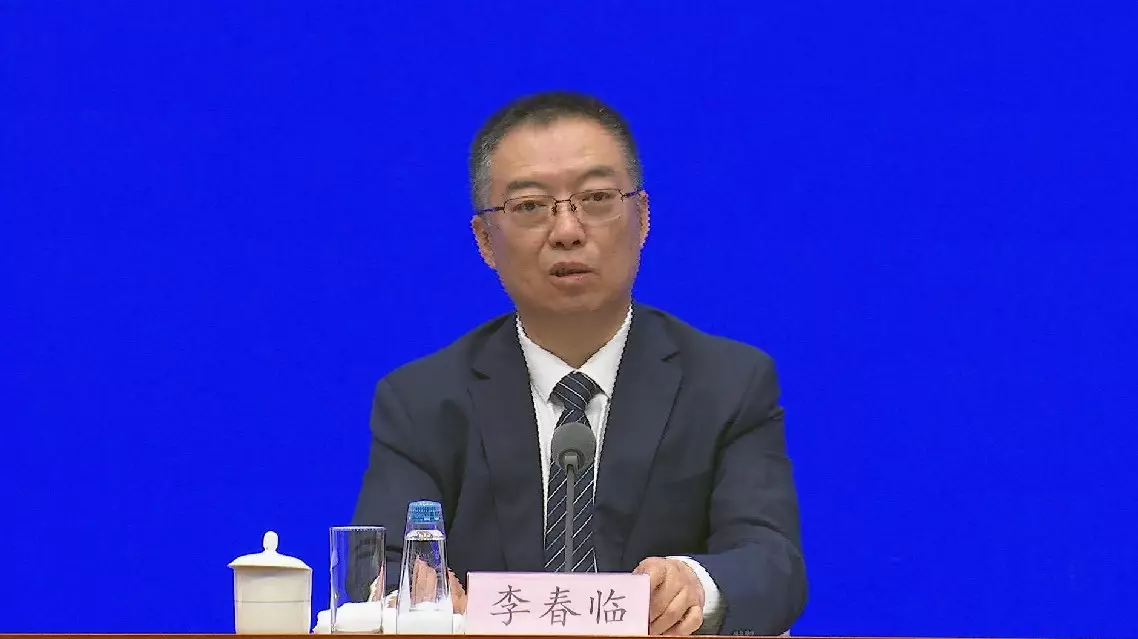
China to relax market access for new business forms
Locals in northwest China's Gansu Province have pledged greater efforts to revitalize rural areas, protect cultural relics and enhance public services following President Xi Jinping's inspection tour in the province from Tuesday to Friday.
Xi, also general secretary of the Communist Party of China (CPC) Central Committee and chairman of the Central Military Commission, on Wednesday stressed the importance of industrial development in revitalizing rural areas when visiting an apple production base in Gansu's Tianshui City.
In an apple orchard, Xi talked to local farmers and agro-technicians to learn about in detail the quality and specialty of Huaniu apple endemic to Tianshui, the planting techniques and sales.
Noting that the key to rural revitalization lies in industrial revitalization, Xi encouraged local villagers to make persistent efforts to make the apple industry bigger and stronger.
Located in the Maiji District of Tianshui City, the apple production base spans three townships and 25 villages, covering an area of 10,000 hectares.
Xi also visited the Fuxi Temple in Tianshui City. The temple is dedicated to Fuxi, a mythical ancestor of the Chinese nation.
Noting that the Fuxi Temple has significant historical and cultural values, Xi emphasized the importance of preserving and inheriting local cultural heritage, so that the wisdom and creativity of the ancestors will inspire the future generations.
On Wednesday, Xi visited the Maijishan Grottoes, where he carefully observed the caves, sculptures, and murals that date back over 1,600 years. He also engaged in friendly conversations with the preservation and restoration staff there.
Maijishan Grottoes is one of China's four largest Buddhist cave complexes, along with Mogao, Yungang and Longmen grottoes in Gansu, Shanxi and Henan provinces, respectively.
Highlighting the grottoes as treasures of the Chinese civilization, Xi called for greater contributions to the protection of national treasures and the inheritance of China's outstanding traditional culture.
"General Secretary Xi said on many occasions that we must effectively protect the precious heritages of our nation," said Yue Yongqiang, deputy director of the Maijishan Grottoes Art Research Institute.
Also on Wednesday, Xi inspected a local community in Lanzhou, the capital city of Gansu, where he stressed the importance of prioritizing elderly care and childcare in efforts to improve public services.
The Zaolinxi Community located in Lanzhou's Anning District is home to over 11,500 residents, with the elderly and children accounting for more than one-third of the population.
He emphasized the need to focus closely on the actual needs of residents, especially the elderly and children, and to continuously improve community services.
Wang Tong was one of the employees who shared stories with President Xi.
She is one of the grid-based community workers -- who are assigned to a certain number of households within the designated grid. When the residents are in need, they are the contact points for the locals.
Their daily responsibilities include collecting basic information, social conditions and public opinions, publicizing policies and laws, and helping with special population management.
"Although my work is about very small and detailed problems of the residents, and sometimes I feel tired and annoyed, but when you get the work done, then you can see the people's satisfaction and they thank you from the bottom of their hearts. That's when you feel very satisfied. I feel that I am valued at work, and I know my value," said Wang.
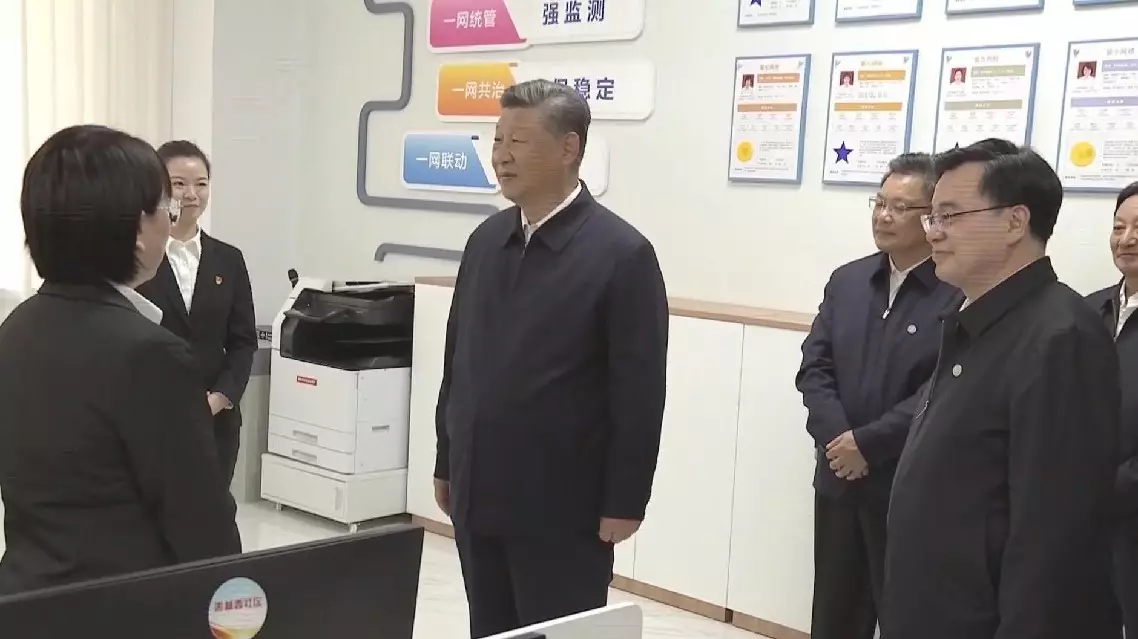
Locals pledge working harder following President Xi's inspection in Gansu





